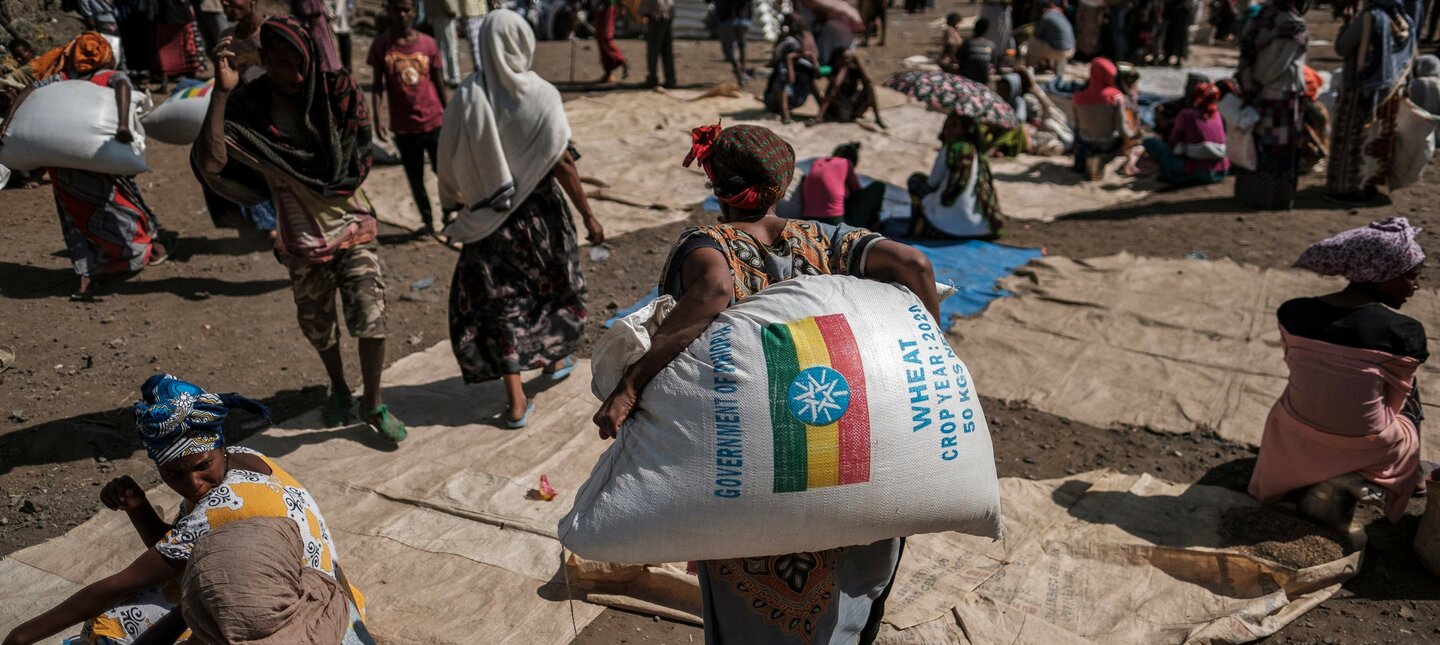Global food prices more than doubled since February 2020, but they have rocketed even further since the start of the war in Ukraine. This has made basic foodstuffs unaffordable for the 1.8 billion people in the world who live under the poverty line and have to survive on less than USD 3.20 per day. But the war in Ukraine is not the only cause of this food crisis. Long-term measures to improve worldwide food security are necessary.
Even before the food crisis, disadvantaged people in poorer countries had to spend a large part of their income on food. Now, those who have to live on what he or she earned on the street that day can hardly feed their families adequately.
Staple foods such as wheat, corn and sunflower oil are particularly affected by the price increases. Numerous countries in Africa, the Middle East and Eastern Europe have so far covered most of their needs with wheat from Russia and/or Ukraine. But the prices of other products have also been driven up, partly because people have had to switch to other foods.
The reasons for the current food crisis are complex; the war in Ukraine is only one cause, albeit an important one. The crisis has been perpetuated by interrupted trade routes, and the fact that many tons of wheat are currently stored in silos and ports in Ukraine and cannot be moved. But it also has to do with export blockades, because more and more countries are hoarding staple foods or, like China, traditionally store huge stocks of grain. Last but not least, speculation and the market power of large global corporations are driving up the cost of food. Because fuel prices are also rising, transport is becoming more expensive. And finally, synthetic fertilizer produced on the basis of natural gas has become scarce and astronomically priced — yet monoculture agriculture worldwide depends on it.
Download our policy brief for insights into these interconnected crises, how they're affecting Helvetas' partner countries, and urgent measures that need to be taken.

